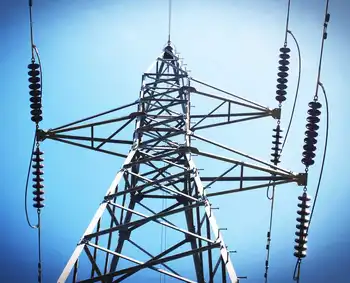LoonieÂ’s pain is CamecoÂ’s gain
SASKATCHEWAN - Cameco Corp. said it continues to benefit from a falling Canadian dollar, however, an "effectively shut-down" credit market has forced the uranium miner to reexamine spending as it looks to set its budget for next year.
"Recent uncertainty in world financial markets has affected companies around the globe, including Cameco," the Saskatoon-based company said in a third-quarter earnings release.
"The capital market for debt, for Cameco and most other companies, has effectively shut down. In response, the company is re-examining its expenditures during the current budget planning process."
Still, Cameco, which holds a majority of its uranium production in Canada but sells the material in U.S. dollars, said the recent rise of the greenback would continue to have a "favourable impact" on revenues.
Cameco, the biggest producer of uranium in the world, said it expects revenue across its businesses, including a majority stake in gold miner Centerra Gold as well as interests in nuclear electricity generation, to improve between 10% and 15% over 2007, it said.
In the company's third quarter ended Sept. 30, Cameco reported net income of $135-million (39 cents a share), compared with $91-million (25 cents) a year ago. Total revenue climbed to $729-million, versus $681-million in 2007.
The year-end earnings outlook comes even as the company said uranium production dove 36% to 2.7 million pounds.
The company said production would continue to fall as delays and processing challenges at major projects is anticipated to persist, resulting in total annual output of 17.7 million pounds compared to a previous forecast of 19.6 million.
Related News

Potent greenhouse gas declines in the US, confirming success of control efforts
WASHINGTON - A new NOAA analysis shows U.S. emissions of the super-potent greenhouse gas sulfur hexafluoride (SF6) have declined between 2007-2018, likely due to successful mitigation efforts by the Environmental Protection Agency (EPA) and the electric power industry.
At the same time, significant disparities that existed previously between NOAA’s estimates, which are based on atmospheric measurements, and EPA’s estimates, which are based on a combination of reported emissions and industrial activity, have narrowed following the establishment of the EPA's Greenhouse Gas Reporting Program. The findings, published in the journal Atmospheric Chemistry and Physics, also suggest how additional emissions reductions might be…




